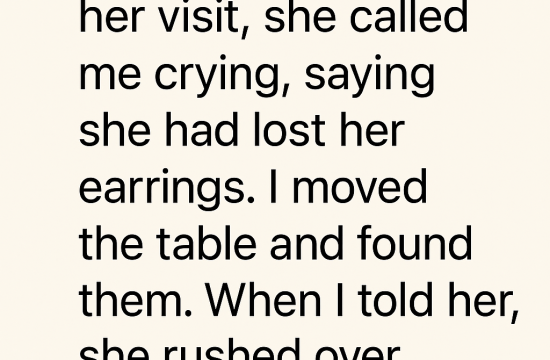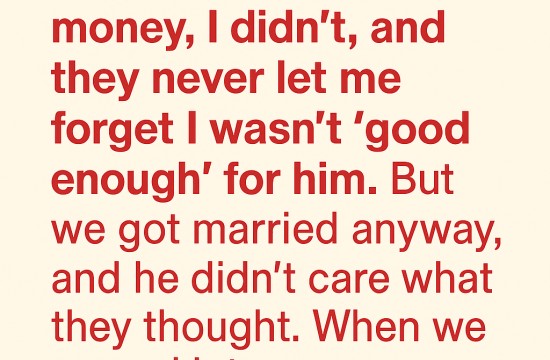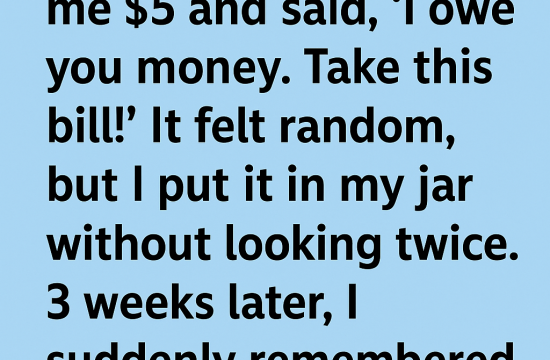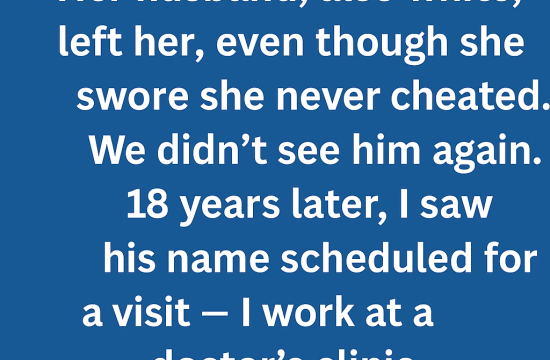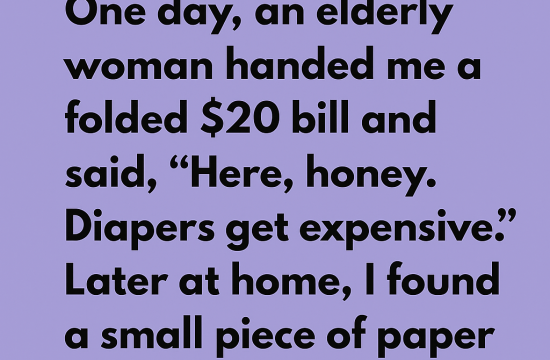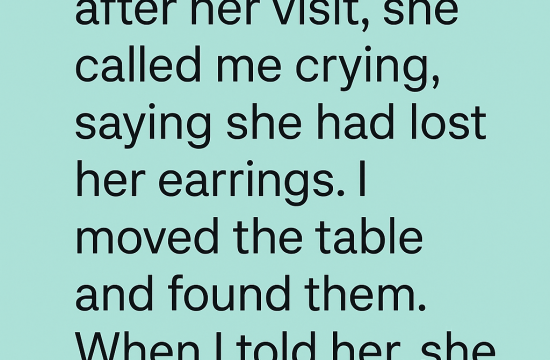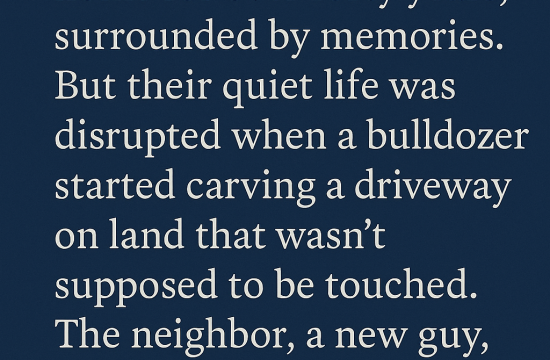Betrayal happens in many forms — but few wounds slice as deep as being destroyed by the very family you tried to build. Trust, once shattered, leaves scars that don’t fade easily. One of our readers, Ali, found herself caught in a storm engineered by the person she should have been able to trust — her stepdaughter. And that storm eventually cost her a marriage, a home, and peace she spent years cultivating.
What happens when loyalty meets manipulation? When grief becomes a weapon? This is Ali’s story — one of heartbreak, revelation, and righteous justice.
From the moment I stepped into their lives, she made it clear: I was the enemy.
She never gave me a chance — whispering lies about me, twisting every gesture into malice, slowly poisoning the air I breathed in that home. And then came the final blow — the accusation so vile I never imagined anyone could craft it: she claimed I had insulted her late mother’s grave.
My husband didn’t even blink.
Didn’t question it.
Didn’t ask for my side.
He just stared at me with disgust — a look I’ll never forget — and walked away from our marriage like it meant nothing.
We divorced.
I thought I had escaped. I thought time would heal everything. But the truth has a way of clawing its way to the surface.
Weeks later, her best friend reached out — trembling, furious, shaken by guilt.
“She planned everything,” she confessed.
“She laughed about ruining you. Said she’d do anything to keep her father to herself.”
My blood turned to ice.
I had lost my marriage, my home, and my dignity… because of a girl’s obsession and cruelty. And suddenly, that pain hardened into something stronger — resolve.
I gathered every message, every witness statement her friend shared. I didn’t scream, didn’t argue, didn’t beg for anyone’s validation. I simply sent everything — to my ex-husband, his family, and even her circle of friends.
No captions.
No explanations.
Just the truth.
The fallout was immediate.
My ex showed up everywhere — calling, texting, waiting outside my workplace like a man suddenly aware of the life he had thrown away. He told me he was a fool, that he let grief cloud judgment, that he had lost a good woman because he failed to see his daughter’s darkness.
And her?
Emily was exposed.
Family members cut her off.
Friends turned away.
Her father barely speaks to her now, the pedestal she stood on crumbling beneath her own lies.
And now people — even his mother — have the nerve to say I went too far.
“That girl has issues,” she scolded me.
“You destroyed the family. You should have taken the high road.”
The high road?
The one paved with my silence, my broken life, my reputation in ashes?
No.
Not this time.
If protecting myself and revealing the truth makes me the villain, then so be it. But tell me — why should the person who suffered be the one forced to stay quiet?
So I’m asking you…
Am I wrong for exposing my stepdaughter’s lies and letting her face the consequences of the destruction she caused?




